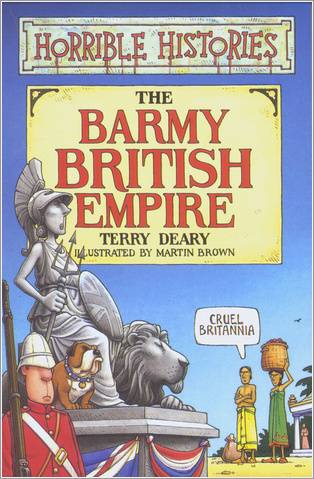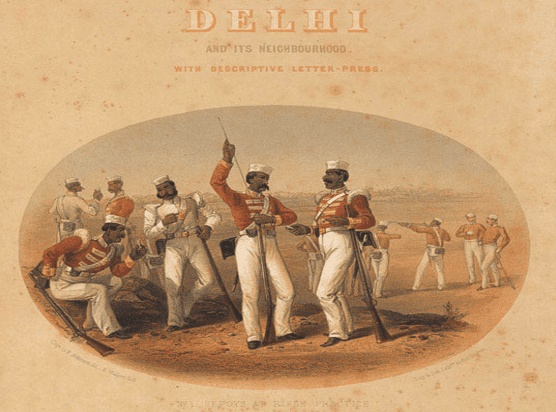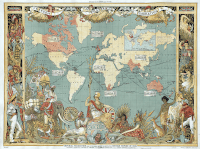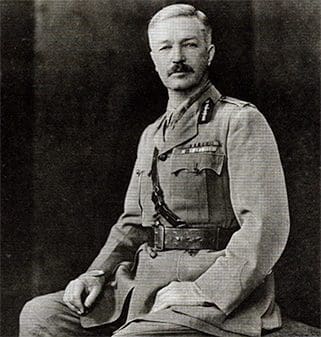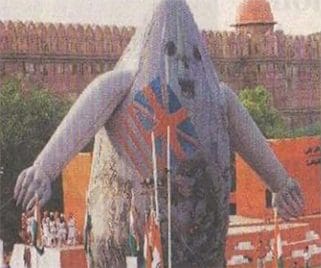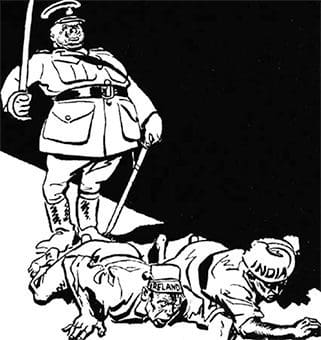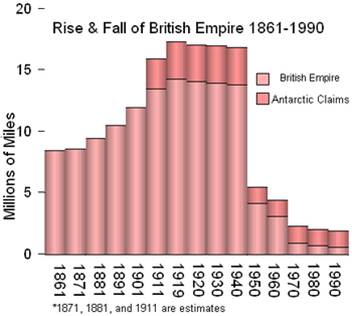Teaching the British Empire at KS3
Teaching the British Empire KS3
In a recent article for the Telegraph, journalist and writer Jeremy Paxman made the following case for teaching the history…
Read MoreIndian Mutiny/rebellion of 1857
This lesson is aimed at Y9/GCSE students. It addresses three principal aspects of history teaching: How to be thoughtful and…
Read MoreBritish Empire – How can we infer so much about the empire from a study of just one map and the person who created it?
This session starts by looking at the information to be gleaned from a well-known 1886 map of the empire and …
Read MoreRotten apple or …. How should we portray Dyer’s motivation in the Amritsar massacre?
This enquiry asks students to look critically at the depiction of the massacre in the film Gandhi as a way…
Read MoreThe Empire strikes back! SMART TASK KS3
Having previously investigated the criticism of empire, students now set about defending it. After studying a contemporary Indian view of…
Read MoreWhat can we learn about the Empire from a Christmas pudding?
This lesson starts with a simple fun activity, working competitively in teams to locate the source of ingredients for an…
Read MoreSMART TASK – How did a small country on the edge of North West Europe manage to rule a quarter of the world’s land surface and 400 million people?
This lesson asks an important question that the textbooks rarely cover and comes after students have looked at events in…
Read MoreSmart Task: End of Empire: Why did it all end so quickly?
This SMART task ask pupils to classify a number of different smaller reasons why The Empire declined and fell, under…
Read More
